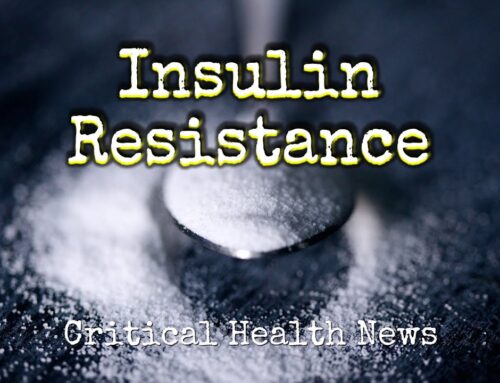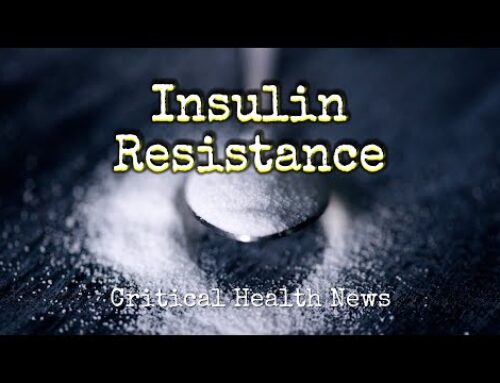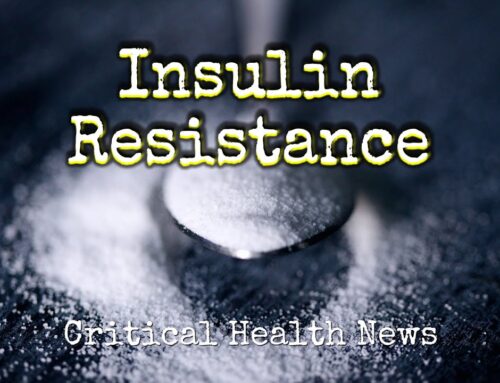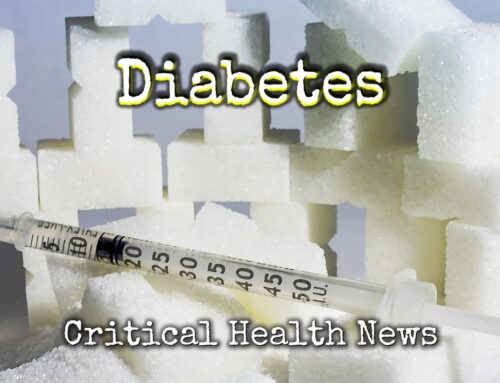Fasting blood glucose testing is a standard measurement for health management and most doctors and patients are familiar with the metric. Keeping track of blood glucose is considered so important that medical professionals suggest home monitoring, particularly for those who have already been diagnosed with diabetes.
Portable testing devices are available and recommended. Nonetheless, blood glucose levels do not tell the whole story when it comes to how well the body’s sugar handling chemistry is performing. That’s because insulin, the hormone that’s responsible for the processing of sugar, is a powerful molecule. When chronically secreted in high amounts in response to extreme sugar intake, eventually cells become less responsive to its effects. When that occurs, more insulin needs to be secreted to keep blood glucose within a normal range, but eventually cells lose their sensitivity to that increase and even more and then more insulin is required for sugar metabolism.
This need for ever-increasing concentrations of the potent biomolecule is called insulin resistance or IR and can result in various health conditions, even without irregularities in blood glucose such as vascular, liver and heart diseases, infertility, weight gain and various skin conditions, including psoriasis, skin tags and formation of dark patches on the groin, armpits and the back of the neck.
The best way to prevent IR is to reduce intake of carbs, especially processed ones. Calorie restriction, the ketogenic diet can also be helpful and using nutritional supplements including chromium, niacin, selenium and alpha lipoic acid. Vitamin C is probably a good idea too.








